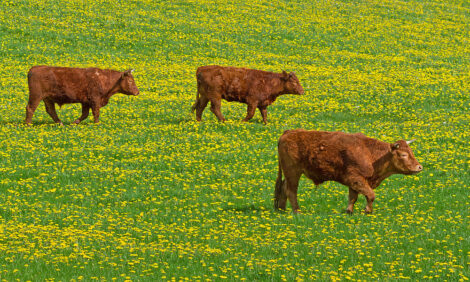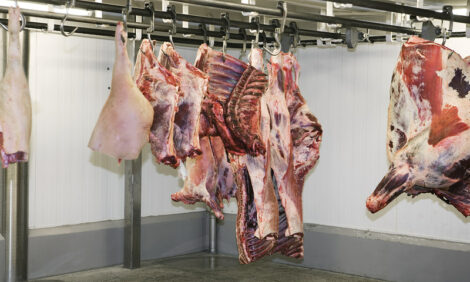



Binders in Demand
WORLDWIDE - The rising cost of energy and raw materials is stimulating producers to consider different alternative ingredients for their animal feed formulations. The trend is also boosting interest in pellet binders, special bio-chemical ingredients that can enhance feed quality during processing.In some situations, using alternative, less expensive raw materials can adversely affect pellet quality. This can reduce throughput at the feed mill press and add to production costs, says agricultural specialists Kiotechagil.
| With rising energy costs feed manufacturers are seeking alternative metods of including alternative raw materials in animals feeds |
"With electricity at 0.16 US$ per kilowatt-hour and rising, feed compounders are also paying increasing attention to energy usage. Double pelleting for example costs an extra 1.6US$ per tonne compared to single pelleting," explains Mark Meynell, Director of Lloyds Animal Feeds.
And its these two factors that are increasing the demand for low inclusion pellet binders, says Kiotechagil’s chief technical officer Murray Hyden.
“Part of the benefit comes through the chemical binding attributes which help lower the amount of energy consumed in pellet production. This is achieved by improved die lubrication and a reduction in fines losses,” he adds.
Feed producers are also recognising the advantages of binders like Mastercube, which improve pellet quality and allows greater inclusion of oils in high-energy diets.
"Farmers are looking to protect their investment in quality feeds by seeking out improved pellet durability and the more consistent pellet quality they achieve when using low inclusion pellet binders,” says Mr Hyden.
TheCattleSite News Desk


